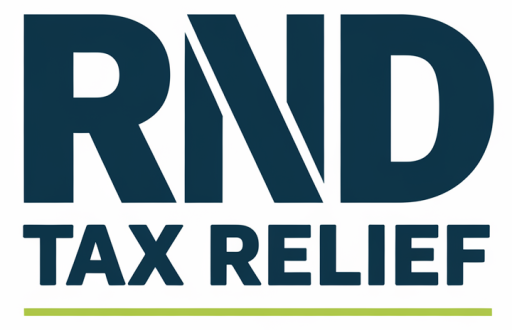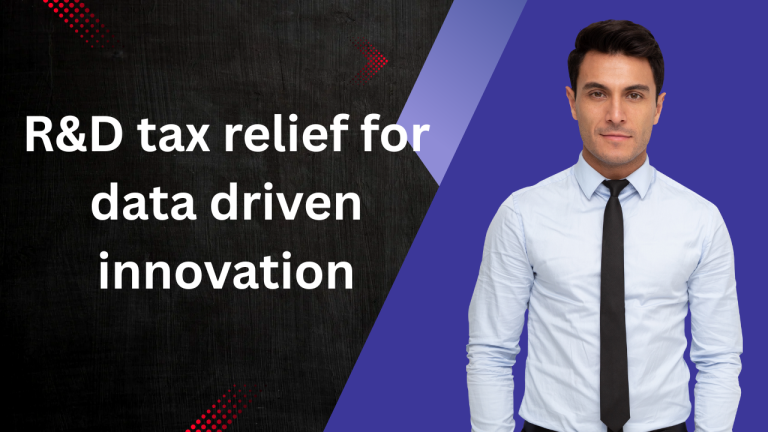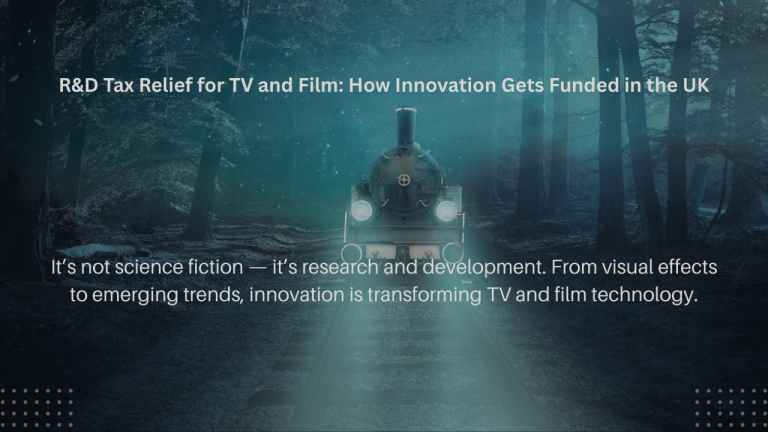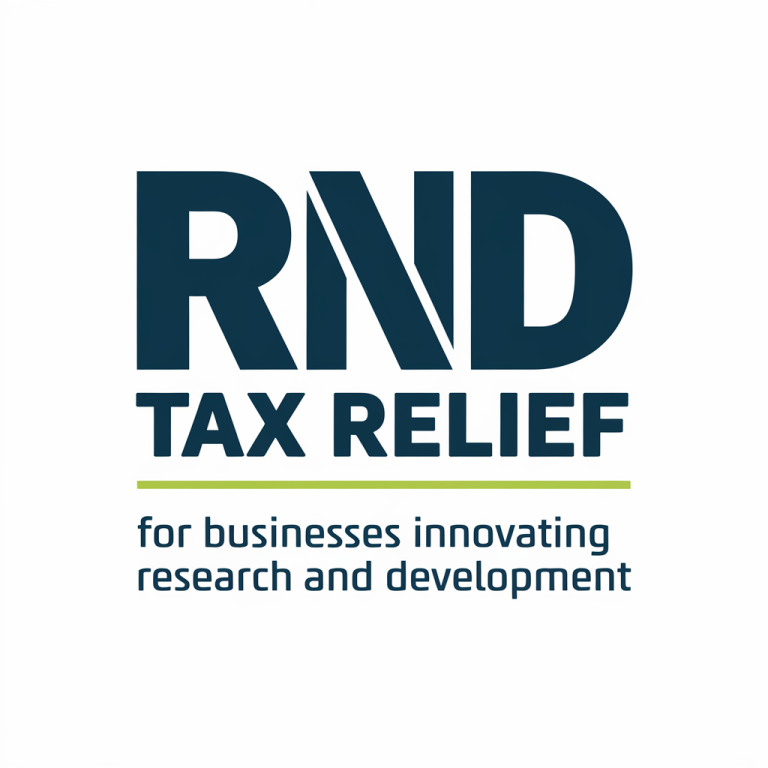What qualifies as R&D expenditure for claiming tax relief?
If your company has conducted innovative research and development (R&D) projects, you could unlock substantial tax incentives under HMRC’s R&D Tax Relief schemes. Unsure which costs qualify as eligible R&D expenditure? Don’t worry. This guide provides a detailed overview of claimable categories, from staffing and subcontractor fees to software and material costs, ensuring your business maximises its Corporation Tax savings while adhering to strict HMRC guidelines.
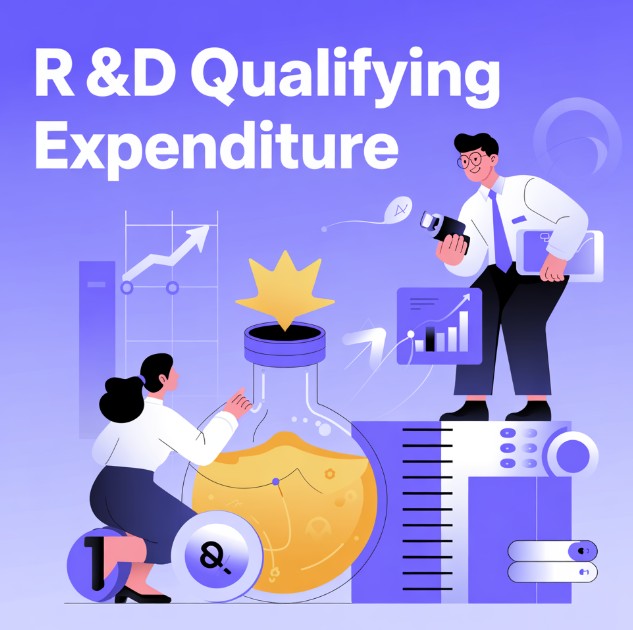
Categories of qualifying R&D expenditure
Businesses pursuing cutting edge research and development (R&D) initiatives can leverage HMRC’s R&D Tax Credit scheme by claiming costs across multiple qualifying expenditure categories. Under current guidelines, eligible expenses include:
- Materials and consumables (e.g., lab supplies, prototypes)
- Staff salaries, pensions, and NI contributions for R&D focused employees
- Externally provided R&D personnel (agency or temporary workers)
- Subcontractor fees (up to 65% for SMEs)
- Software licences directly linked to R&D projects
- Clinical trial volunteer costs (recruitment, compensation)
- Research contributions (collaborative projects with academic institutions)
- Independent research payments (mandatory for large companies under RDEC)
From 1 April 2023 onwards, HMRC’s expanded scope now also permits claims for:
- Data licences (purchased datasets for R&D analysis)
- Cloud computing services (hosting, AI/ML model training)
- Pure mathematics (theoretical advancements in algorithms or modelling)
This comprehensive breakdown ensures your business identifies every eligible cost to maximise Corporation Tax savings while adhering to HMRC compliance standards. For SMEs and RDEC claimants, meticulous documentation of technical challenges and project outcomes remains critical.
Consumables
Businesses can reclaim costs for materials, utilities, or transformable resources directly consumed or irreversibly altered during eligible R&D projects. Under HMRC guidelines, claimable consumables encompass:
- Fuel, water, and power (e.g., energy for lab equipment or prototype testing)
- Lab chemicals, raw materials, or components integrated into prototypes (rendered unusable post-R&D)
Key Rules for Eligibility:
- Indirect usage (e.g., office heating) does not qualify.
- Partial claims are permitted if consumables serve both R&D and non-R&D purposes. For instance, apportion 30% of electricity costs if 30% of your facility’s floor space is dedicated to R&D. HMRC accepts estimations based on staff headcount or project-specific usage metrics.
- Post-R&D exclusion: Once prototypes enter commercial production, associated consumable costs (e.g., materials in final products) no longer qualify.
Claimable Under: SME Scheme and RDEC.
Staff Costs
Eligible R&D Tax Relief claims extend to salaries and associated payroll expenses for personnel directly involved in qualifying research and development projects. HMRC mandates strict criteria to ensure compliance:
Key Eligibility Criteria:
- Direct Engagement: Only staff actively conducting R&D (e.g., engineers, scientists, project managers) qualify.
- Proportional Claims: For roles like directors or senior managers splitting time between R&D and other duties, claim only the percentage dedicated to R&D (e.g., 40% of a CTO’s salary if overseeing experimental projects part-time).
- Exclusions: Support roles (administrators, HR, or secretarial staff) not directly contributing to technical advancements are ineligible, even if indirectly aiding R&D teams.
HMRC Defined Claimable Costs Include:
- Gross salaries, bonuses, and contractual pay (excluding benefits-in-kind)
- Employer Class 1 National Insurance Contributions (NICs)
- Workplace pension contributions
Critical Compliance Notes:
- Employee Status: Claims apply solely to individuals under an employment contract (PAYE). Freelancers or contractors fall under externally provided workers.
- Documentation: Maintain timesheets, project logs, or role descriptions to substantiate staff involvement in R&D activities.
- Scheme Applicability: Claims permissible under SME Scheme and RDEC (for large companies).
Externally Provided R&D Staff
Businesses can claim 65% of fees paid for externally provided workers (EPWs) directly involved in R&D projects. Key stipulations:
- Eligibility: Workers must be engaged through third-party agencies (not connected to your company).
- Partial claims: Apportion costs if EPWs split time between R&D and non-R&D tasks.
- Post-April 2023 rules: Overseas EPW costs are ineligible unless work cannot feasibly occur in the UK (e.g., Arctic research, international clinical trials).
Subcontractors (SME Scheme Focus)
SMEs can reclaim costs for subcontractors performing R&D under a formal agreement. Critical points:
- Scope: Subcontracted work must align with project goals (e.g., prototype development).
- Restrictions: Subcontractors cannot delegate tasks further. Post-April 2023, overseas costs face the same exemptions as EPWs.
- RDEC exceptions: Large companies can only claim if subcontractors are prescribed bodies (e.g., universities, NHS trusts).
Software Licences
Claim costs for software directly used in R&D (e.g., CAD tools, simulation platforms).
- Partial use: Apportion expenses (e.g., 60% claim if software is used 60% for R&D).
Prototypes
Eligible costs include design, testing, and materials for pre production models.
- Exclusions: Costs tied to sold prototypes (e.g., consumables in market ready products) are non-claimable.
Clinical Trial Volunteers
Reclaim payments to participants in trials related to healthcare advancements (e.g., drug efficacy studies).
Contributions to Independent Research (Large Companies Only)
Large firms can claim contributions to qualifying bodies (e.g., universities, charities) conducting industry aligned R&D.
Data Licences (Post-April 2023)
Claim fees for datasets used exclusively in R&D (e.g., genomic data analysis). Commercial data resale invalidates eligibility.
Cloud Computing (Post-April 2023)
Reclaim costs for cloud infrastructure (storage, AI training) proportionally tied to R&D.
Mathematics (Post-April 2023)
Pure mathematics research (e.g., algorithmic breakthroughs) now qualifies under HMRC guidelines.
Ineligible Costs
HMRC explicitly excludes:
- Production/distribution expenses
- Capital expenditure (buildings, equipment)
- Land acquisition
- Patent/trademark creation
Need Clarification?
Our specialist R&D tax consultants offer tailored guidance to maximise your claim while ensuring HMRC compliance.
Learn more about uk r&d tax credits
